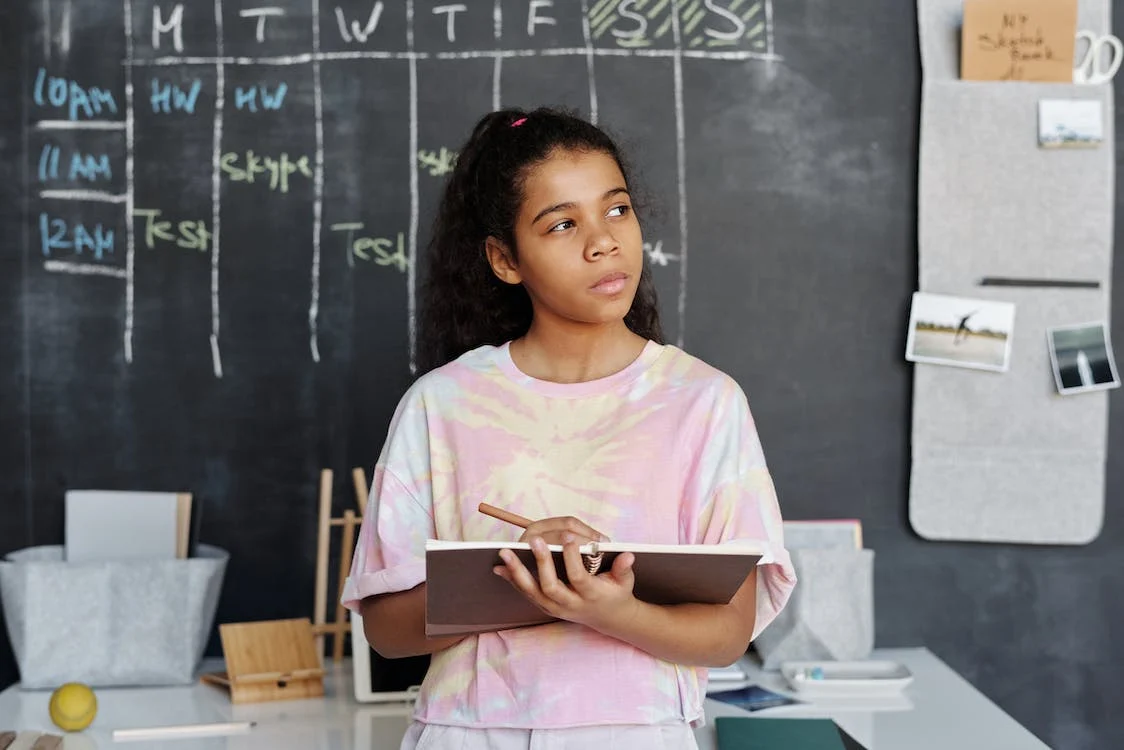
Social Media is Changing Our Brains
Dallas Morning News
Ian MacRae, Harris Eyre, Andy Keller and Sandi Chapman
Share this article

Sandra Bond Chapman, PhD
Chief Director Dee Wyly Distinguished Professor, School of Behavioral and Brain Sciences Co-Leader, The BrainHealth Project
Related Information

Big D Can Be Davos for the Brain Economy
Brain health is at the forefront of an economy that continues to become increasingly knowledge intensive.